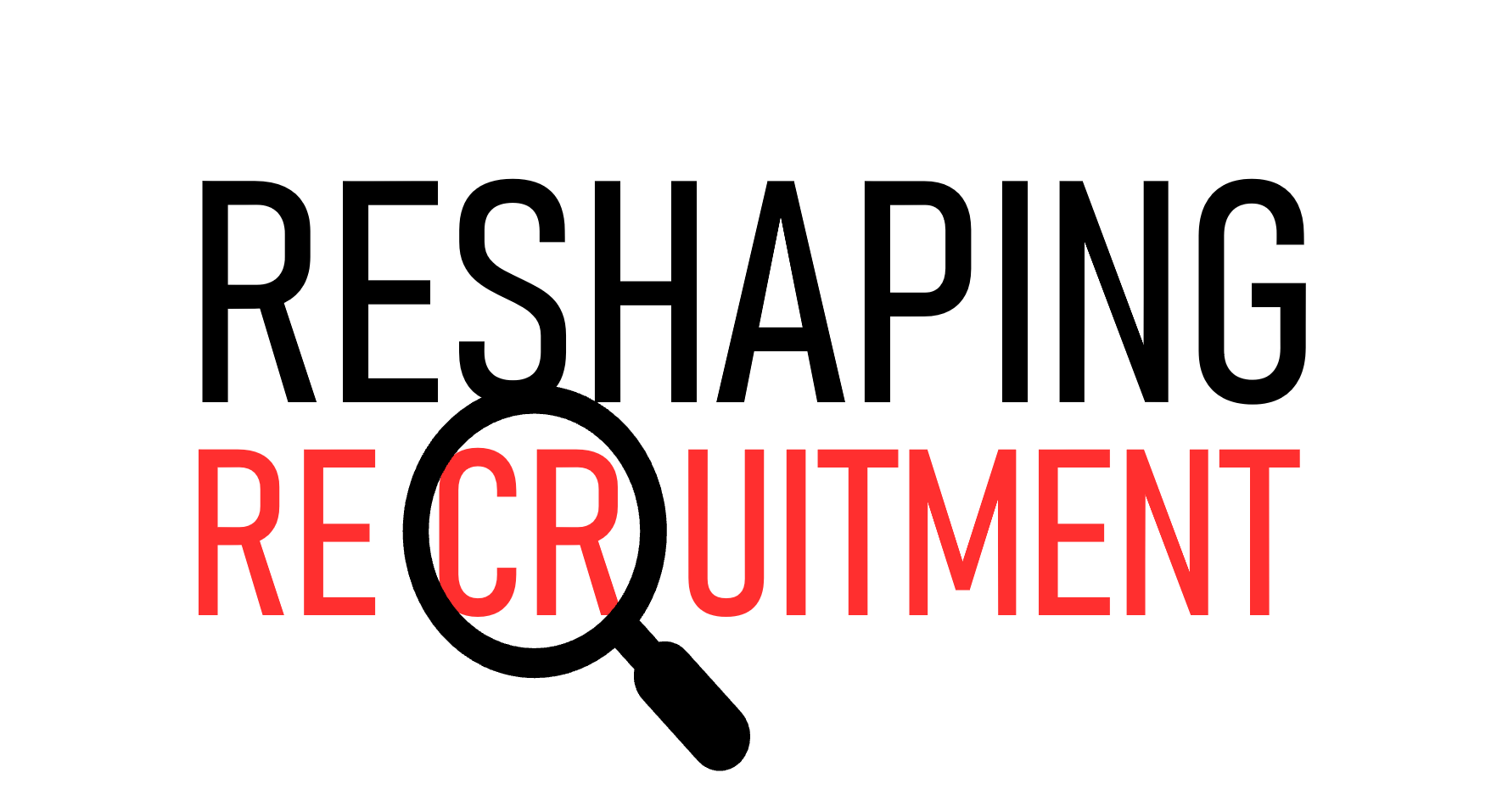
The 911 Call Your Recruitment Strategy Desperately Needs
The 911 Call Your Recruitment Strategy Desperately Needs
When seconds count in emergency response, a delayed 911 system costs lives. When days drag in recruitment, exceptional talent slips away forever. I've witnessed this recruitment emergency repeatedly over my 20+ years in the industry.
Charleston County recently revolutionized their emergency response with AI-enhanced 911 services. Their new Carbyne Apex system transcribes caller words in real-time, processes visual data through photos and videos, and consolidates multiple calls about the same incident. The goal? Reduce response times. Save lives.
What if your recruitment had this same level of AI assistance?
The Hiring Emergency You're Ignoring
The average corporate job posting attracts 250 applications. Most hiring teams respond to candidates in days or weeks. By then, top talent has moved on. This is your silent recruitment emergency.
I've built my career on addressing this exact problem through what I call the Hybrid AI Workforce approach. It's not about replacing humans—it's about making them superhuman.
Think about what makes the Charleston 911 system effective. Real-time transcription. Visual processing. Consolidation of information. Remote response capabilities. Each element has a direct recruitment parallel that can transform your hiring process.
Real-Time Candidate Communication
Just as 911 operators need immediate transcription of caller words, recruiters need instant processing of candidate communications. AI can monitor, categorize, and prioritize incoming applications and communications without delay.
In my work implementing AI recruitment systems, I've seen companies reduce their initial response time from days to minutes. One transportation client cut their time-to-first-contact from 38 hours to under 30 minutes. The result? A 42% increase in quality candidates completing their process.
This isn't theoretical. It's happening now.
Visual Processing Beyond Resumes
Charleston's 911 system processes photos and videos to give operators better situational awareness. Similarly, advanced recruitment AI can extract meaningful data from portfolios, video interviews, and work samples—not just text resumes.
These systems don't make the hiring decisions. They organize and present visual information in ways humans can quickly evaluate. They handle the processing so you can focus on connection.
The Recruitment Triage System
When multiple 911 calls report the same incident, Charleston's system consolidates them to prevent delays in responding to other emergencies. Your recruitment faces the same challenge when multiple applications flood in for a single position.
I recently worked with a logistics company that received 800+ applications for a single role. Their traditional screening process would have taken weeks. Our AI recruitment platform grouped similar candidates, identified key qualification patterns, and allowed recruiters to make informed decisions about which groups to prioritize first.
The entire preliminary screening took hours instead of weeks.
Remote Recruitment Operations
The pandemic forced recruitment teams to work remotely, much like 911 operators who can now respond to calls from anywhere. AI recruitment tools provide the connective tissue that makes remote recruitment work efficiently.
My Hybrid AI Workforce approach creates what I call "Accountability Co-pilots." If a new candidate isn't contacted within your predetermined timeframe, the system sends reminders that can escalate to management. This maintains response quality regardless of where your team works.
The Human-AI Partnership
Let me be clear: AI is a tool—no more, no less. A sophisticated tool, but a tool nonetheless. The value isn't the tool itself but how you use it.
In emergency services or recruitment, the goal is the same: augment human capabilities without replacing human judgment. Charleston's 911 operators still make critical decisions. AI just gives them better information faster.
Your recruiters need the same advantage.
Implementing Your Recruitment Emergency System
The most common mistake I see companies make is treating AI implementation as a complete system overhaul. Start small. Identify one recruitment bottleneck—typically initial application processing or candidate communication—and apply AI there first.
Measure the results. Refine. Expand.
I've guided dozens of companies through this process. The results are consistently transformative, but the path is incremental.
From Emergency Response to Strategic Advantage
Charleston County implemented their AI-enhanced 911 system to save lives in emergencies. Your recruitment needs AI powered recruiting not just for emergencies but for consistent strategic advantage.
The talent landscape grows more competitive daily. Companies with streamlined, responsive recruitment processes win. Those stuck in traditional, delayed approaches lose repeatedly.
Which side of that equation do you want to be on?
The recruitment emergency is happening whether you acknowledge it or not. The question is whether you'll call for help or let the opportunity bleed out.

